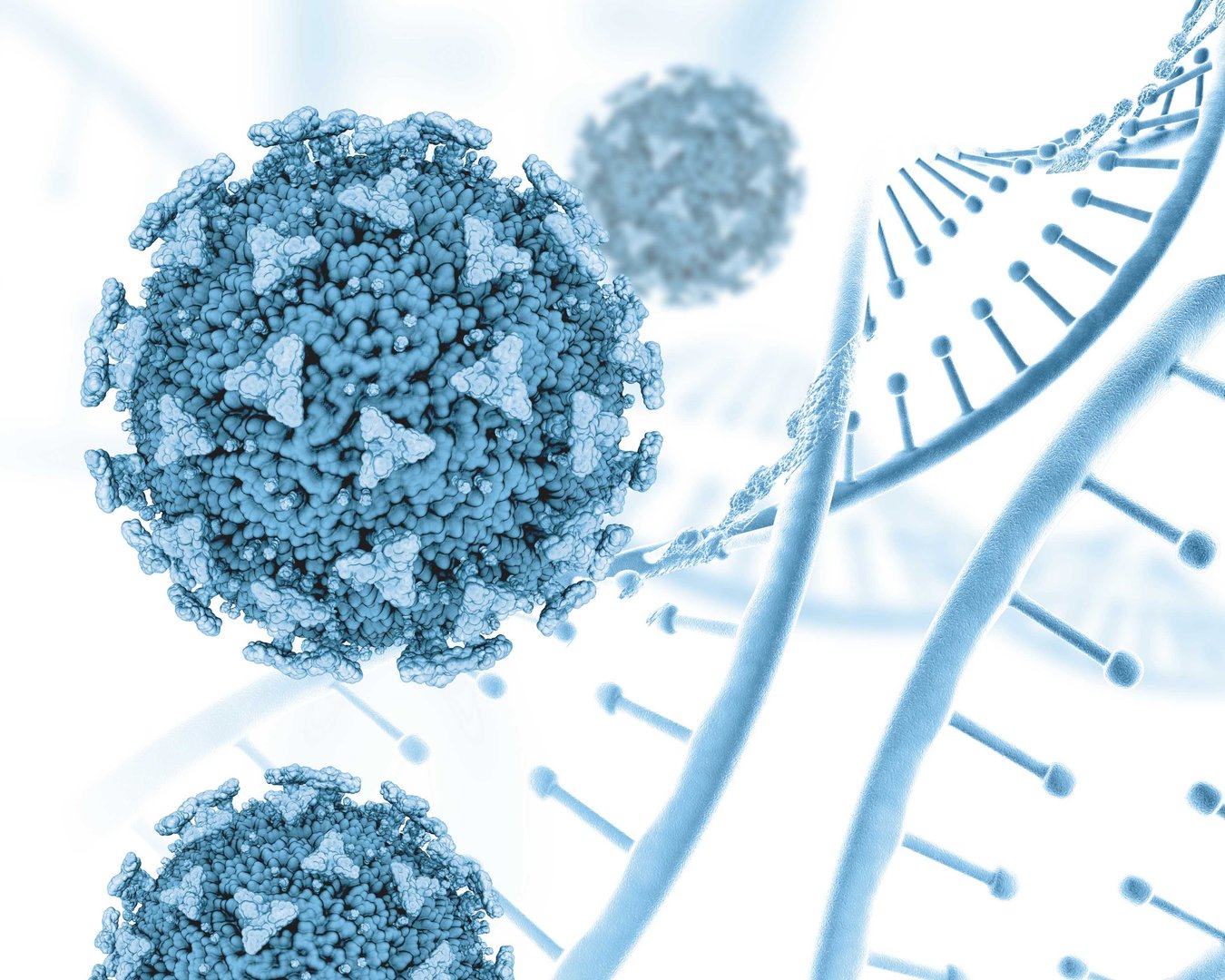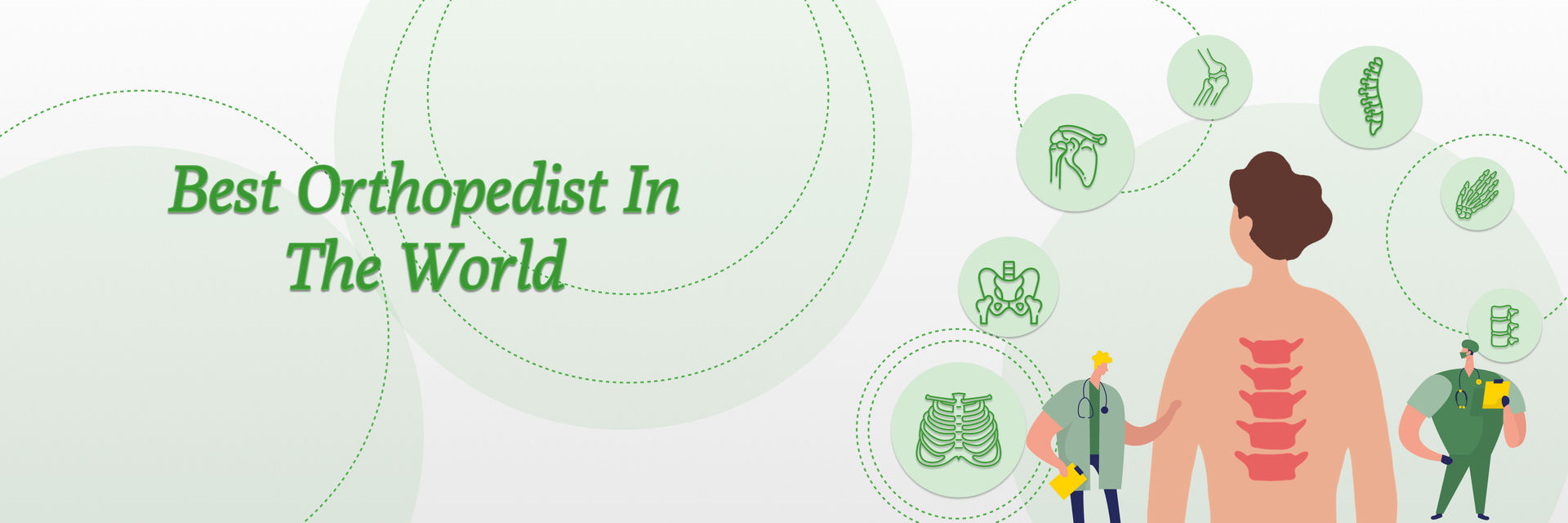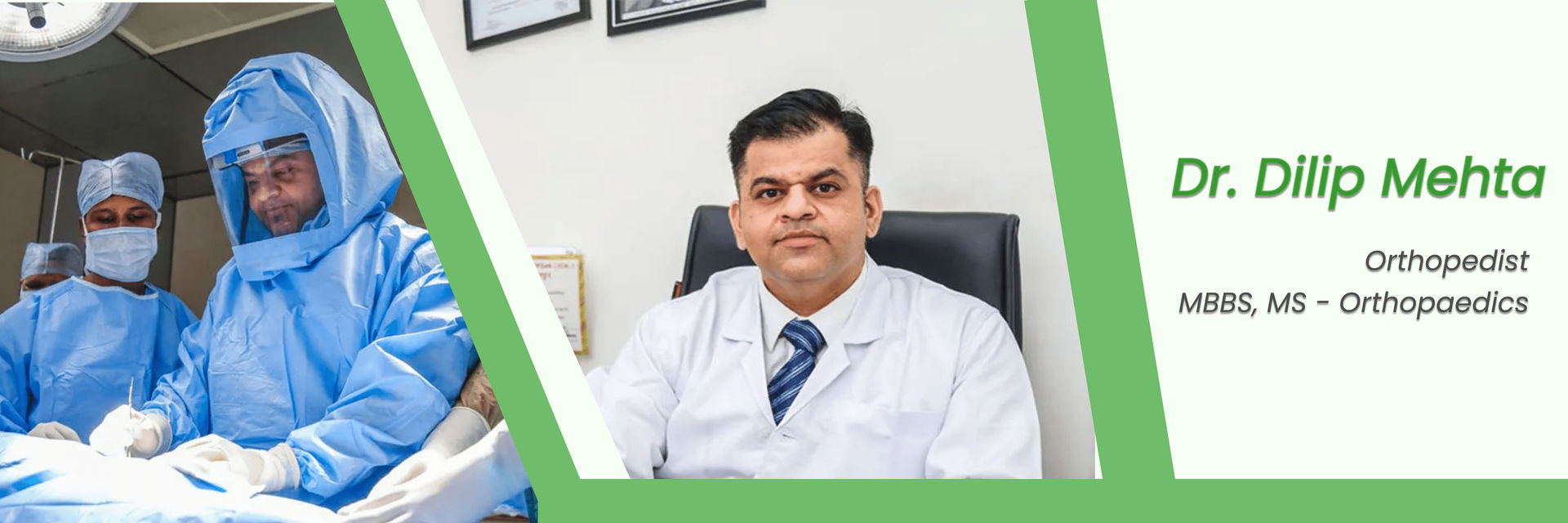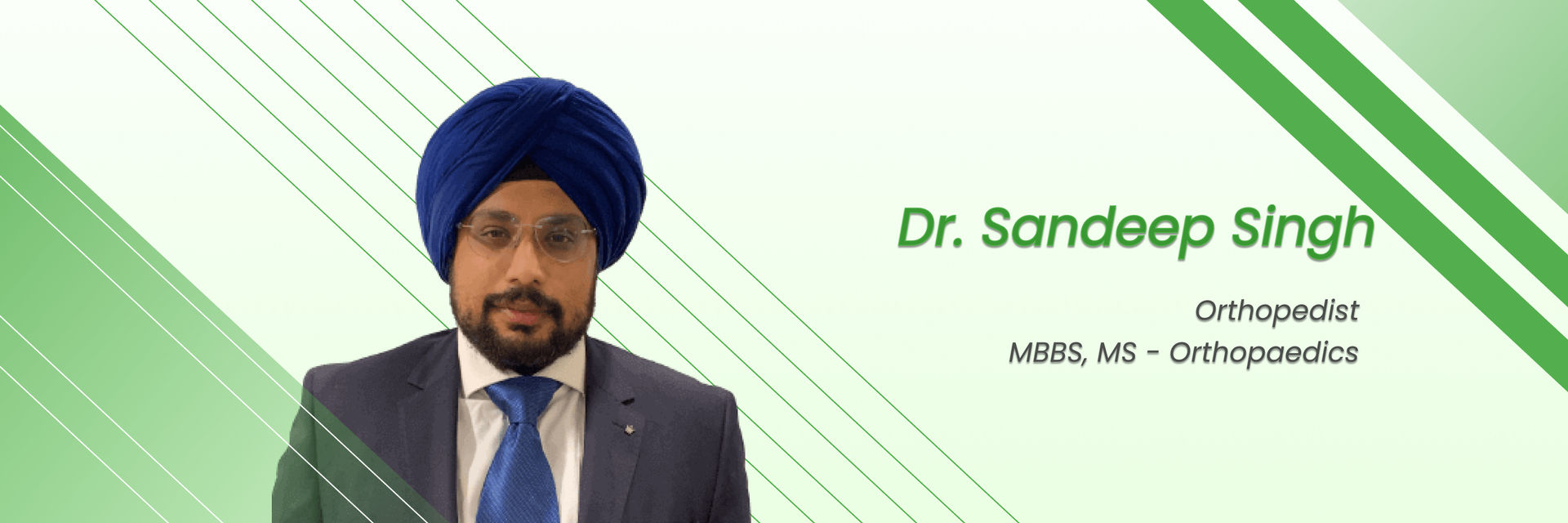Introduction
Rheumatoid arthritis (RA) is more than stiffness and pain in your joints—it's an autoimmune condition that gradually destroys your body, nibbling away at your quality of life in ways you'd never have anticipated. The stiffness, the swelling, the fatigue—it's not your imagination playing tricks on you. While there are numerous drugs available to treat rheumatoid arthritis, they do little more than mask the symptoms, which dissipate after a very short time. That's where stem cell therapy is potentially becoming a game-changer.
With the advancement in Stem Cell Research, physicians and researchers are considering the potential of how these small cells could do something incredible—seriously heal the damage done by RA, not merely treat it. This blog takes you through the step-by-step process of how stem cells, particularly Mesenchymal Stem Cells (MSCs), are offering hope to millions of patients suffering from rheumatoid arthritis. Connect with a medical professional for detailed information about stem cell therapy for rheumatoid arthritis.
What Is Rheumatoid Arthritis?
Rheumatoid arthritis is an autoimmune disease in which the immune system of the body mistakenly attacks the body's tissues, specifically the joints. It results in pain, inflammation, and often permanent damage if left untreated. Some of the common presentations of rheumatoid arthritis are:
- Morning joint stiffness
- Joint swelling and pain
- Fever and fatigue
- Loss of appetite
At the beginning stage, the symptoms and signs of rheumatoid arthritis can be so small that diagnosing at an early stage is necessary. Rheumatoid factors—special antibodies found in the blood—are typically employed to make a diagnostic conclusion.
Today's treatment for rheumatoid arthritis involves a regimen of rheumatoid arthritis medications such as NSAIDs, corticosteroids, DMARDs, and biologics. Even though they can hold off the advancement, they tend to be side-effect-based and do not provide a cure. Book a doctor video appointment with medical experts on our platform in just minutes on our platform.

What Are Stem Cells?
Stem cells are the body's raw material—cells from which all other specialized cells (e.g., blood, bone, or brain cells) are derived. Of these many types, Mesenchymal Stem Cells (MSCs) have special interest as potential treatments for autoimmune diseases such as rheumatoid arthritis. MSCs originate from bone marrow, adipose (fat) tissue, or the umbilical cord blood. Their use in RA may be that they can modulate immune responses, decrease inflammation, and even reverse damaged tissue.
With growing consciousness, birth stem cell saving and stem cell banking are being chosen by many families, particularly from the umbilical cord. It is not only an advanced health decision, but since stem cell technologies are evolving so fast, it's a choice that will be beneficial to them in the long run.
How Mesenchymal Stem Cells Work In RA?
Once injected into the body, MSCs do not simply take a walkabout. The cells go to work by:
- Decrease of Inflammation – They dampen uncontrolled immune reactions that drive the inflammation in RA.
- Facilitating Repair – MSCs can repair cartilage and other tissues lost to the disease.
- Immune Modulation – They inhibit destructive T-cell activities while enhancing regulatory T-cells that dampen the immune system.
This three-part attack makes MSCs a potent tool for arthritis therapies, far greater than is the case for traditional drugs.

Evidence From Lab (In Vitro & Animal Models)
In the laboratory, researchers have grown MSCs alongside cells taken from patients' joints affected by arthritis, and the result was surprising. The MSCs reduced inflammatory markers profoundly and stimulated tissue repair.
In studies in animals (in mice with collagen-induced arthritis, an animal model of RA), MSCs produced:
- Decreased swelling of joints
- Decreased inflammation cytokine concentrations
- Enhanced mobility
These preclinical findings paved the way for human clinical trials. It's all very optimistic and reflective of the potential of Stem Cell Research when utilized appropriately.
Clinical Trials Evidence
Clinical trials in actual practice have begun to confirm what the laboratory tests revealed. In some small-scale human trials:
- Patients treated with MSC therapy experienced significant reductions in joint pain and stiffness in the mornings.
- Disease activity scores (DAS28) improved significantly.
- There were no major side effects, even at follow-up months.
In spite of these trials being still in their infancy form, and yet not large randomized trials, the potential of stem cells in rheumatoid arthritis therapies is proving increasingly difficult to dismiss.

Current Challenges & Limitations
Despite the promise's thrill, there are challenges:
- Limited standardization: Various studies employ various cell sources, doses, and methods.
- Cost: The cost of stem cell storage and the cost of stem cell preservation is high now, and hence less affordable to an average patient.
- Long-term data: We have to wait for a longer time and obtain larger studies to know how long-lasting the effect is.
Further, in the majority of countries, the regulatory environment is still evolving, impacting adoption.
Enhancing MSCs Therapy
To further enhance MSC therapy, researchers are now trying:
- Preconditioning: Preconditioning MSCs in advance to enhance their healing potential.
- Genetic modification: Altering the stem cells to secrete more anti-inflammatory proteins.
- 3D culturing: Culturing stem cells in 3D cultures to closely mimic the body.
These methods could supercharge the already-hypnotic effect of Mesenchymal Stem Cells on rheumatoid arthritis disease management.
Case Study & Expert Opinion
In a small-scale clinical series from 2000, four patients with refractory rheumatoid arthritis underwent autologous hematopoietic stem cell transplantation (HSCT) after their disease failed to respond to standard rheumatoid arthritis drugs. The patients’ stem cells were collected, and then they received high-dose immunoablation before re-infusion. Three of the four achieved a robust clinical response: all met ACR 70 criteria—meaning at least 70% improvement in symptoms—within one to three months, with sustained benefit at six to nine months. Impressively, one patient remained in ACR 70 remission for 20 months post-treatment. While one patient saw only partial improvement, the study demonstrated that autologous HSCT is both safe and capable of delivering dramatic, lasting relief in difficult-to-treat RA cases.
Future Of The Treatment
As stem cell research continues to advance, mesenchymal stem cell (MSC) therapy is expected to become more affordable, accessible, and efficient. With an increasing number of clinics offering this treatment, the cost of stem cell storage and therapy is likely to decrease, making it more financially feasible for a larger segment of the population. At the same time, growing awareness is leading more individuals to invest in stem cell preservation at birth as a proactive step toward future healthcare. Technological developments, such as AI-assisted cell selection and improved delivery systems, are also enhancing the overall effectiveness of the treatment. Countries like India are particularly well-positioned to lead in this space, thanks to their high-quality medical infrastructure and comparatively low stem cell storage costs.
Summary
As stem cell research progresses, mesenchymal stem cell (MSC) therapy is expected to become increasingly affordable, accessible, and efficient. As more clinics enter the space, stem cell storage costs and treatment expenses are likely to decrease, making the therapy financially viable for a broader population. Growing awareness is also encouraging more families to opt for stem cell preservation at birth as a proactive health investment. On the technological front, innovations such as AI-driven cell selection and enhanced delivery systems are making treatments more precise and effective. Countries like India, with their top-tier medical infrastructure and relatively low stem cell preservation cost, are well-positioned to lead this global shift in regenerative medicine.
References
https://www.health.harvard.edu/blog/stem-cell-transplant-scleroderma-2018021613294
https://scopeblog.stanford.edu/2019/02/25/preventing-osteoarthritis-an-orthopaedic-surgeons-goal/






